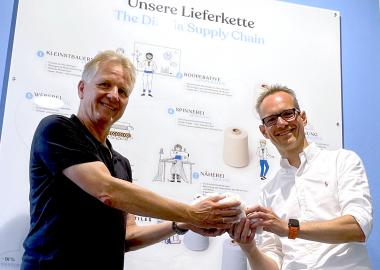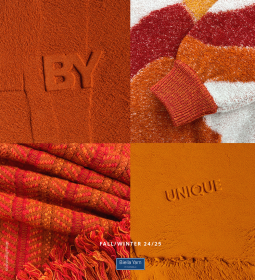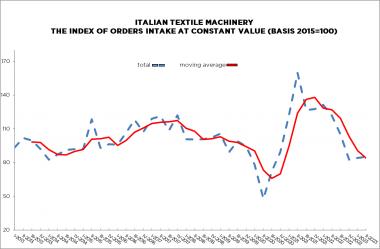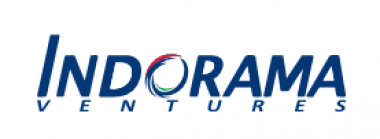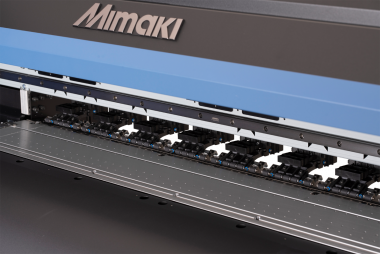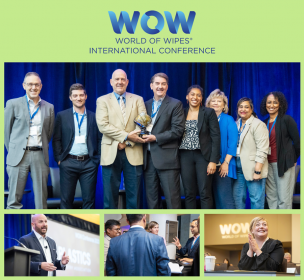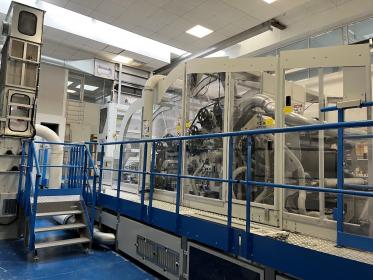Intertextile Shanghai Home Textiles 2023 taking place 16 – 18 August 2023
From 16 – 18 August 2023, 1,022 exhibitors from 13 countries and regions will occupy four halls and 100,000 sqm gross at the National Exhibition and Convention Center (Shanghai). This Autumn Edition of Intertextile Shanghai Home Textiles will return to its regular format, as a comprehensive platform held separately from Messe Frankfurt’s other autumn textile fairs. Complementing the strong lineup of exhibitors over all three days, a varied selection of fringe events will communicate key insights, offer industry specific inspiration, and facilitate cross-sector exchanges for fairgoers.
Buyers from 66 countries and regions have already pre-registered for the show, while a range of international brands are preparing to showcase their latest innovations. Multiple exhibitors will gather according to origin, with three country and region pavilions a must-see for fairgoers seeking exotic home textiles:
- Belgium Pavilion: products on show include bedding fabrics and sets, curtains and curtain fabrics, sofa covers, upholstery, and much more. With the pavilion set to feature a number of Belgian brands, its highlighted exhibitors are Libeco and Love Home Fabrics.
- Taiwan (China) Pavilion: multiple Taiwanese exhibitors, including JWL Fabrics Co Ltd, Maxland Home Textile Industrial Co Ltd, and Vanttex International Co Ltd, will demonstrate specific examples of the varied applications of their home textiles.
- Türkiye Pavilion: organised by Uludag Textile Exporters’ Association (UTIB), the pavilion will showcase a range of curtains, upholstery fabrics, and other home textiles, from suppliers such as Aleran Tekstil Inşaat Gida Sanayi Ve Ticaret Ltd Şti, Küçükçalik Tekstil San Ve Tic A Ş and Weavers Tekstil San Ve Tic A Ş.
Beyond the pavilions, buyers can easily locate their desired home and contract textiles via conveniently placed product zones, covering categories such as curtain and curtain fabrics; sun protection and window shades; upholstery and sofa fabrics; furniture leather; bedding and editors; loungewear and bath; and rugs. Wide-ranging suppliers from China and beyond will showcase their various products, featuring international exhibitors such as Elastron – Leather & Fabrics, Morgan and PT Sinar Continental; and well-known domestic manufacturers including Hangzhou Aico Home Textile Co Ltd, Huatex International (Hangzhou) Co Ltd and Zhe Jiang Maya Fabric Co Ltd.
Fringe programme: keeping fairgoers up-to-date with range of industry developments
Business exchange at Intertextile Shanghai Home Textiles will once again be supplemented by multiple concurrent events, for home textile players to learn more about the latest industry innovations, as well as upcoming design trends. These include:
- International Intertextile Trend Forum 2023–2024: held in the afternoon of day one, the event will be hosted by a prominent member of the ‘2023 – 2024 Intertextile International Lifestyle Trend’ trend committee, Mr Shen Lei, joined on the panel by multiple designers. They will discuss various impacts on designs, such as sustainability’s effect, the influence of emerging technologies, and international integration and localised expression.
- IKASAS Japanese Home Design Gallery and themed seminar: the leading Japanese furniture brand IKASAS will utilise a display area to illustrate its unique design philosophy, by showcasing innovative furniture products that predominantly align with contemporary trends. The company’s founder, Mr Akiyuki Sasaki, will delve deeper into his design views in a seminar held on the morning of day one.
- The New Power of Healthy Home Decoration Environment: a first-time collaboration with CRECC Full Decoration Council, the cross-sector conference in Hall 5.1 on day two will welcome keynote speakers from the real estate industry, to discuss topical insights at the intersection of realty and home textiles. The audience will come away with a widened scope of the different applications and demands of home textiles, and an ability to more accurately identify business opportunities within the property market.
Messe Frankfurt (HK) Ltd
















